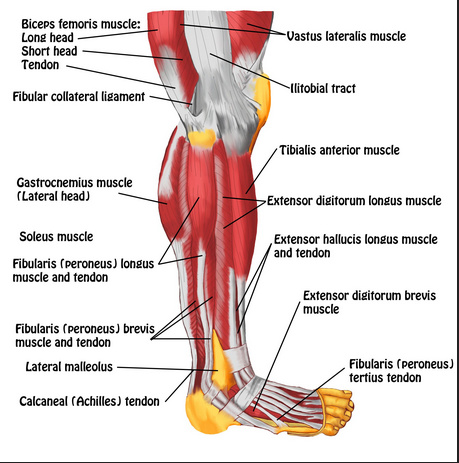I find that explanation a little puzzling. Since I’m not thinking about things that happen during or immediately after exercise, maybe it’s an entirely different phenomenon.
If I find that my cramps don’t happen when I drink my electrolyte mix, I’m perfectly willing to believe it’s just a coincidence. After all, it’s not placebo controlled, randomized study. In that scenario, I have the cramps some number of times (true) and then based on some reading or conversations I’ve had with other people, I mix up my brew and drink it daily. After some period, I think “the electrolytes must have fixed it,” (also true) and since I’d rather not go through that regularly I keep drinking it and whatever caused the cramps goes away for some other reason.
The part that makes me hesitate is that the “…electrolyte imbalance, nutrition, or dehydration…” belief is very widespread - it comes from lots of people. That means a vast number of people have had the same coincidence. I have no idea what the real probability of the drink having fixed it or not having fixed is - and the second one is the important one here. Assuming having cramps or not and drinking the electrolytes are independent variables, the probability of a widespread coincidence goes down as the number having the coincidence goes up.
I went through a totally unrelated thing where I had a coincidence that seemed to fix a problem and ended up taking massive amounts of an herbal thing for years. I eventually concluded, “I hate placebos.”

 He is the one who eats oatmeal for breakfast and he is fine for the next 9 hours (his most active time). Wow. But as we both need bigger meals and I saw the same from other family members, it’s hard to wrap my head around tiny meals - but I met such people so I am aware it works for some, even many.
He is the one who eats oatmeal for breakfast and he is fine for the next 9 hours (his most active time). Wow. But as we both need bigger meals and I saw the same from other family members, it’s hard to wrap my head around tiny meals - but I met such people so I am aware it works for some, even many.
 ” That cramped knot of muscle is like a baseball, a hard painful little bugger, and I sit up in bed and stretch it as best I can, like you’d normally stretch the back of your legs; takes effort and patience. And if it relaxes then I have to go really slow in lying back down and straightening out or the darn thing will seize up again.
” That cramped knot of muscle is like a baseball, a hard painful little bugger, and I sit up in bed and stretch it as best I can, like you’d normally stretch the back of your legs; takes effort and patience. And if it relaxes then I have to go really slow in lying back down and straightening out or the darn thing will seize up again.


